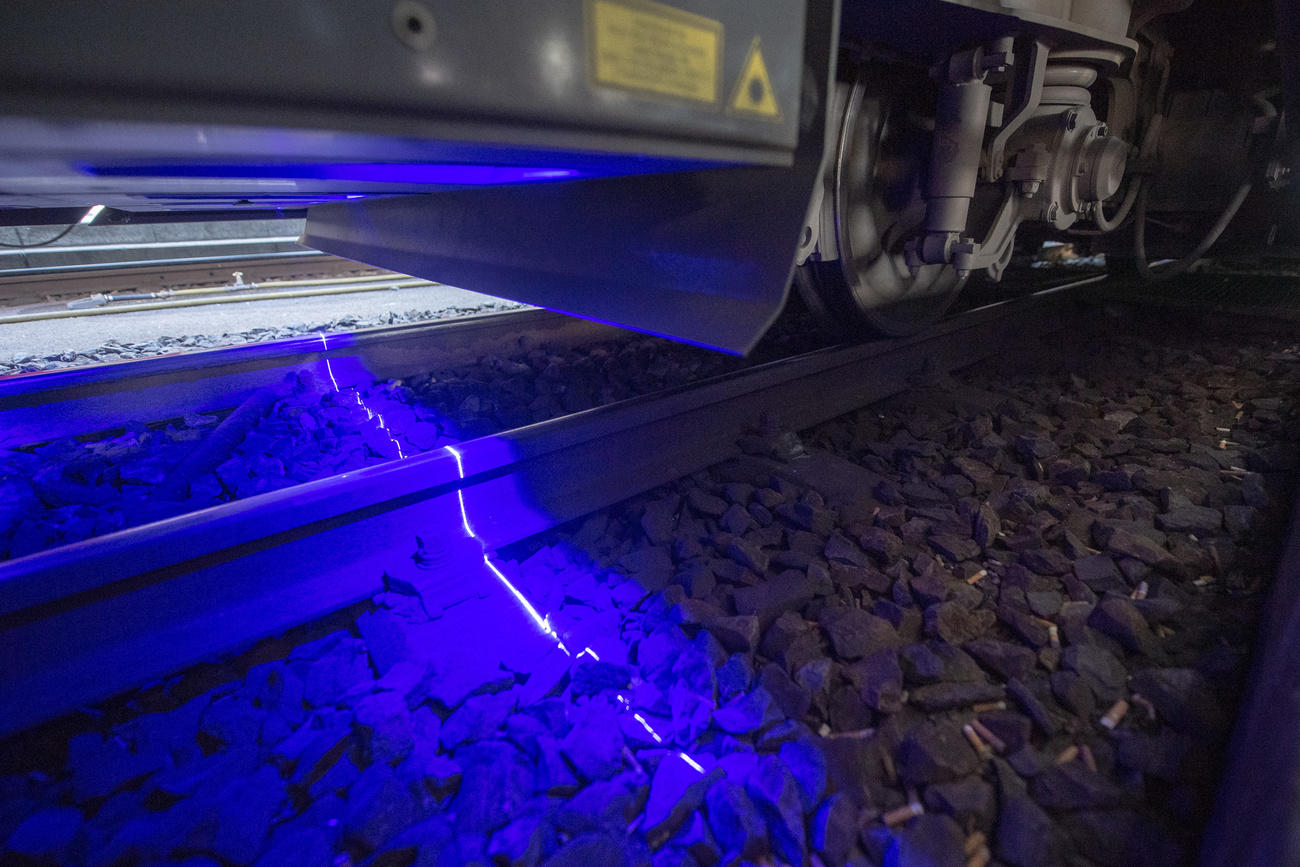
Swiss file record number of patent applications

The number of patents filed by Swiss companies with the European Patent Office (EPO)External link hit a record high last year. Switzerland also had more applications per capita than any other nation.
Patent applications from Switzerland rose by 3.6% to 8,249 in 2019, compared with 7,961 in 2018, announced the EPO on Thursday.
The EPO received more than 181,000 patent applications from all over the world last year, 4% more than the previous year. This growth was driven by newly registered patents from China (+29%). But there were also significant increases from South Korea (+14%) and the US (+5.5%).
The top countries represented were the US (46,200 applications), Germany (26,800), Japan (22,100), China (12,200), France (10,200), South Korea (8,300) and Switzerland (8,249).
According to the EPO’s figures, there were 988 applications per million inhabitants from Switzerland; followed – at considerable distance – by Sweden (433), Germany (334) and Austria (265).
Some 10% of the Swiss patent applications were from the measuring tools sector, followed by medical technology (9.3%), consumer goods (7.5%) and packaging and transport systems (6.5%).
The most active Swiss companies were ABB with 689 patent applications, Roche (677), Philip Morris (424), Nestlé (365), TE Connectivity (237) and Novartis (225).

In compliance with the JTI standards
More: SWI swissinfo.ch certified by the Journalism Trust Initiative




























You can find an overview of ongoing debates with our journalists here . Please join us!
If you want to start a conversation about a topic raised in this article or want to report factual errors, email us at english@swissinfo.ch.